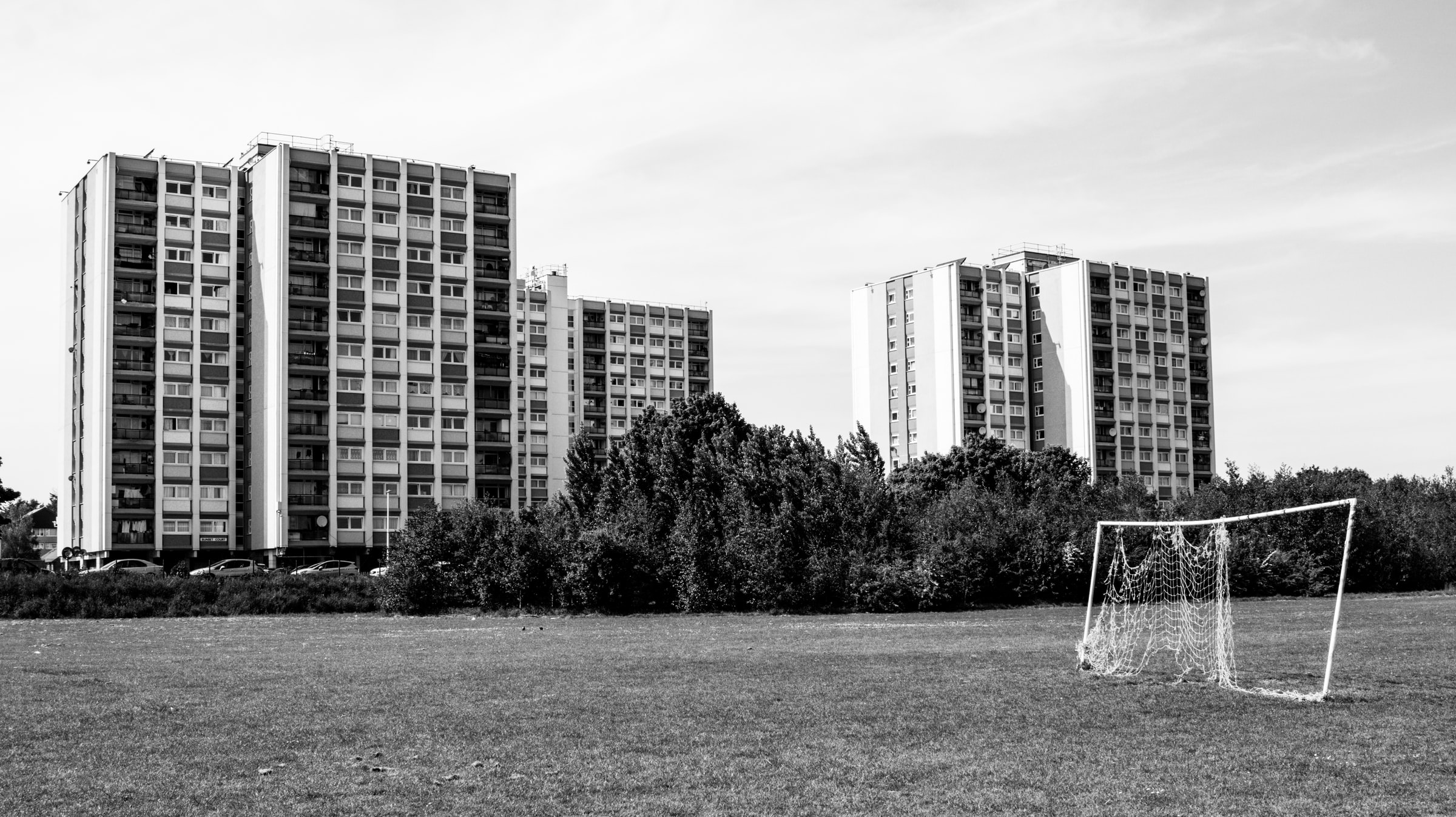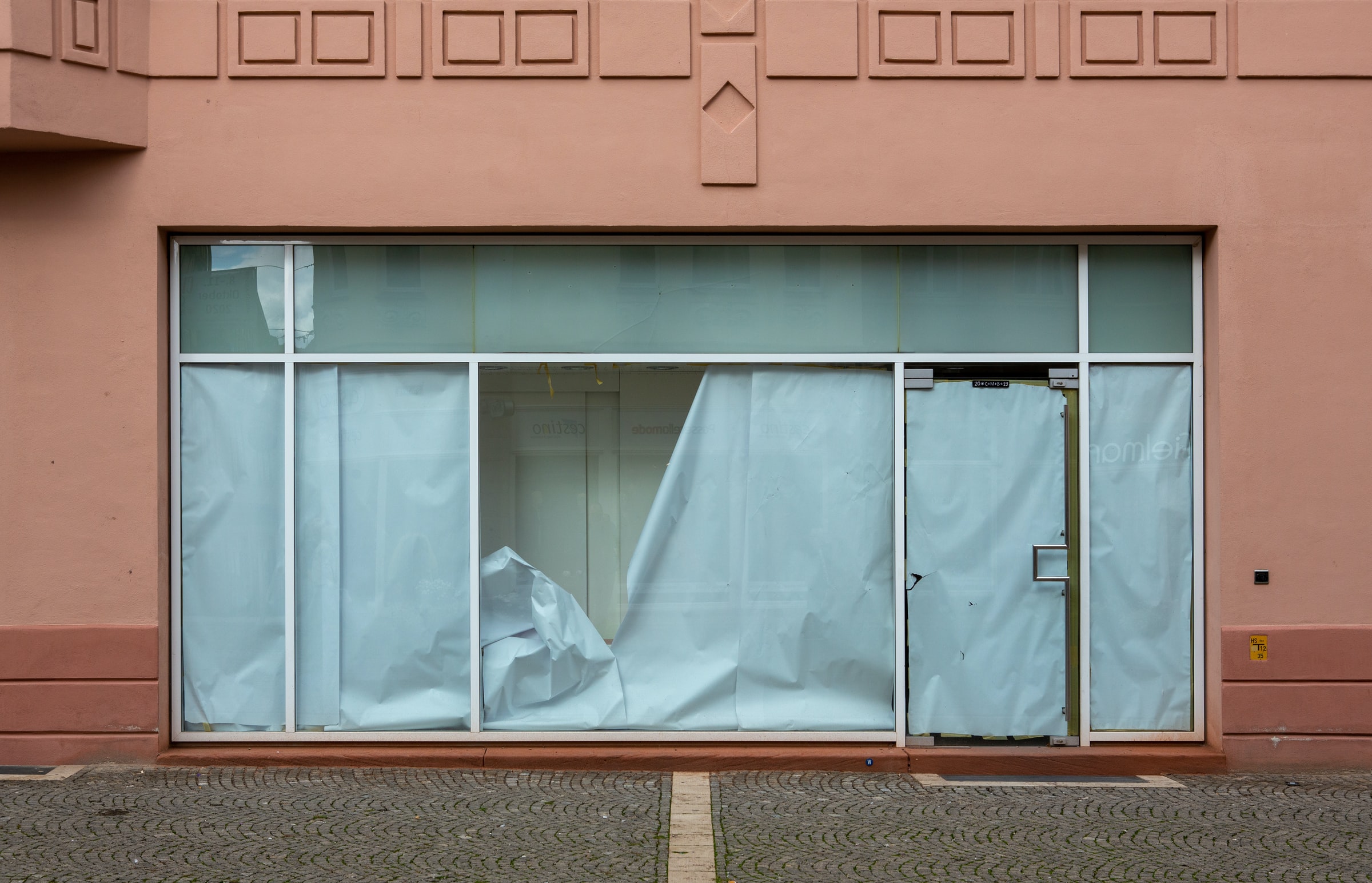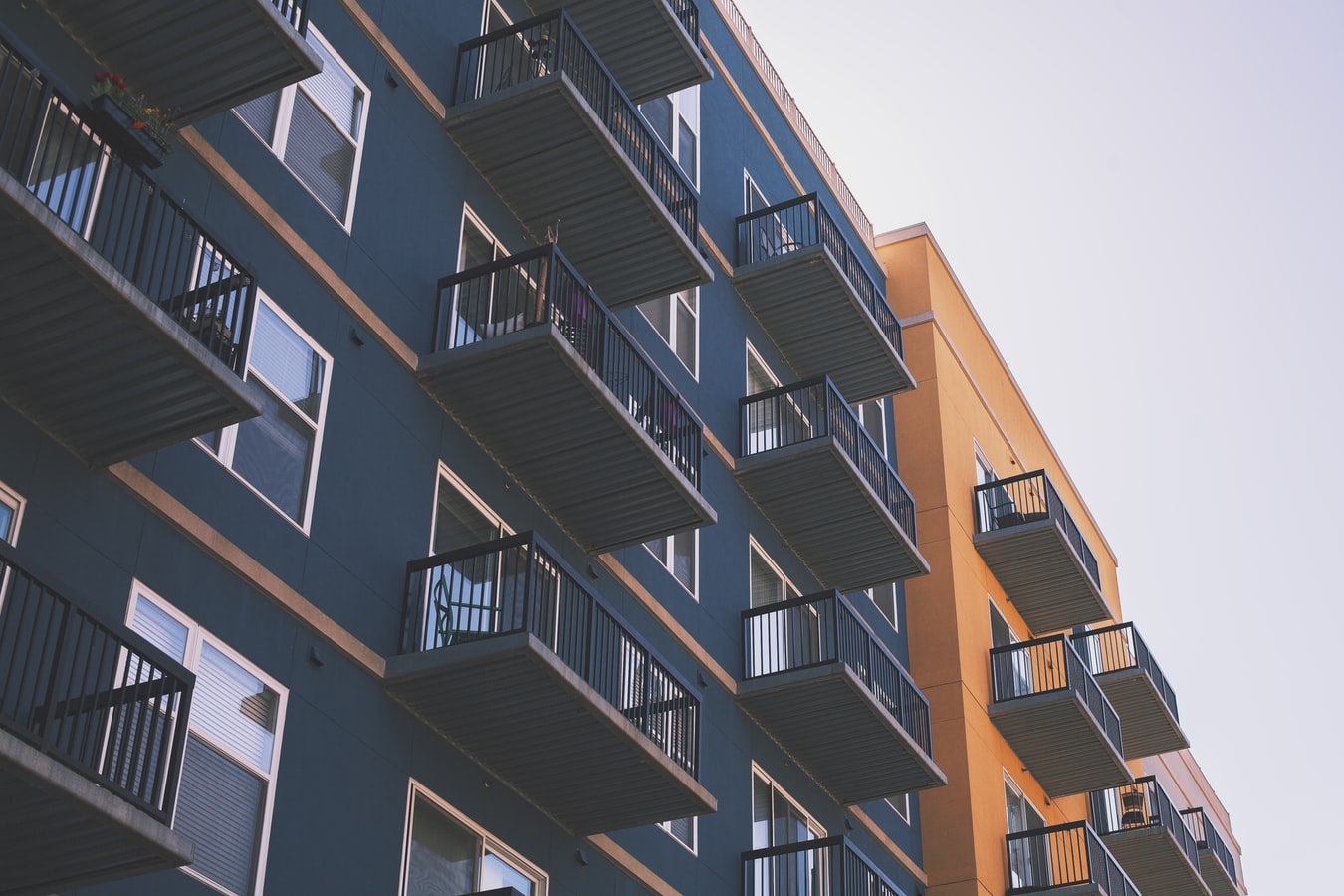What's Included?
Introduction
During the 1970s Britain was going through a turbulent time. From 1974 to 1979 Britain had been ruled by Labour’s Harold Wilson and James Callaghan. In this time the economy spiralled, caused by successive strikes and the winter of discontent. The Chancellor at the time, Denis Healey, had to submit the British economy to the IMF for a loan to try to reverse the damage. This left the economy in ruins and people poorer so in 1979 they voted for change. In May 1979 Margaret Thatcher was elected Prime Minister with a set agenda very different to one Britain’s had been used to.
Margaret Thatcher’s new agenda meant upturning the economy into a new model, one which we still see today. This consisted of privatising many of the major industries, cracking down on the trade unions and the right to buy scheme. By the mid-80s the economy was on the rise and people were starting to feel the benefits of Thatcherism. Britain was now more prosperous and filled with Del Boys trying to get rich quick in the city. But Margaret Thatcher and her Chancellor Nigel Lawson weren’t finished yet and this inevitably led to the big bang.
What was the Big Bang?
In order for us to understand the big bang in the 1980s we need to go back to 1956. In 1956 Anthony Eden’s government introduced the Restrictive Trade Practices Act. This act introduced new restrictions on the London Stock Exchange such as fixed minimum commissions, exclusion of all foreigners to stock exchange membership and a requirement that brokers, and jobbers be independent and not part of a wider financial group. Margaret Thatcher agreed to get rid of these restrictions and that the rules would change in 1986.
When the day arrived, there was a huge increase in market activity with lots of money flowing through the market. The big bang changed the entire structure in the financial market and set London as one of the top financial cities in the world. Change was certainly felt in Britain and across Europe. What was once the east end docklands suddenly became high rise buildings such as Canary Wharf and the symbol of prosperity.
What was the Fallout of the Big Bang?
The big bang had a massive effect on the economy and the financial markets for many years. With deregulation it allowed for British and foreign banks to buy out the old firms. This meant that on occasion industries like BT and various other British based companies ended up being owned by foreign banks and foreign companies. We even experience this today with the collapse of British Leyland and Rover, some of the biggest British car company names such as Aston Martin and Jaguar have been bought up by BMW.
One of the biggest consequences of the big bang was the global financial crash in 2008. Nigel Lawson stated in an interview that the financial crisis of 2007-08 was an unintended consequence of the big bang. He went on to state that “UK investment banks were previously very cautious, as they operated with their own money, but after merging with major retail banks, the depositors’ savings were put at risk, and according to the programme this led U.S. banks to follow suit”. This financial crisis also led to the collapse of the housing market. This was due to people with terrible credit score being sold stocks in houses. This meant they were unable to pay anything back. This led to the value of properties plummeting which made it very difficult for home owners when it came to selling their home.
Conclusion
In conclusion there are both positives and negatives to the big bang. Positives because it allowed for a part of London to be completely redeveloped and boosted the economy in the short term. However, because of mass deregulation and the failure of successive Chancellors to impose new regulations meant that we were met with financial crisis which hit a lot of people hard. The big bang of 1986 should serve as a reminder that we live in a boom and bust economy. In 1986 everything looked good and the country was prospering. However, 20 years later we were then met with the worst financial crisis since 1929.
This can be compared to the current housing market. At the time of writing this house prices are continually rising. Whilst this is good for home owners it makes it difficult for first time buyers. To read why click here. We must take into account that whilst the housing market is currently booming at some point that bubble will burst. Once that happens, we will be back into bust and the value of houses will fall.
I can’t predict when that will happen, but with the current state of the economy the future looks bleak. Inflation at 7%, an increase in National Insurance and interest rates and a prediction of future rises. This will make it harder for people with mortgages as they set to continuously rise.
Credibble offers two fabulous solutions.
If you’re preparing to take a mortgage, never apply until you’ve tried our unique and FREE Credibble Home app. Our smart technology will tell you what you need to fix so you avoid rejection. The app predicts when you will be able to buy, for how much and tracks your month-by-month progress to mortgage success. We’ve even added your own mortgage broker, so you get the best deals available.
More focused on your credit rating? Well, get started for free with Credibble’s 24- Factor Credit Check to truly help you improve your creditworthiness and how lenders view you. (Remember: lenders don’t use your credit score! We’ll show you what lenders look for and how to get your credit report in the best shape possible).






